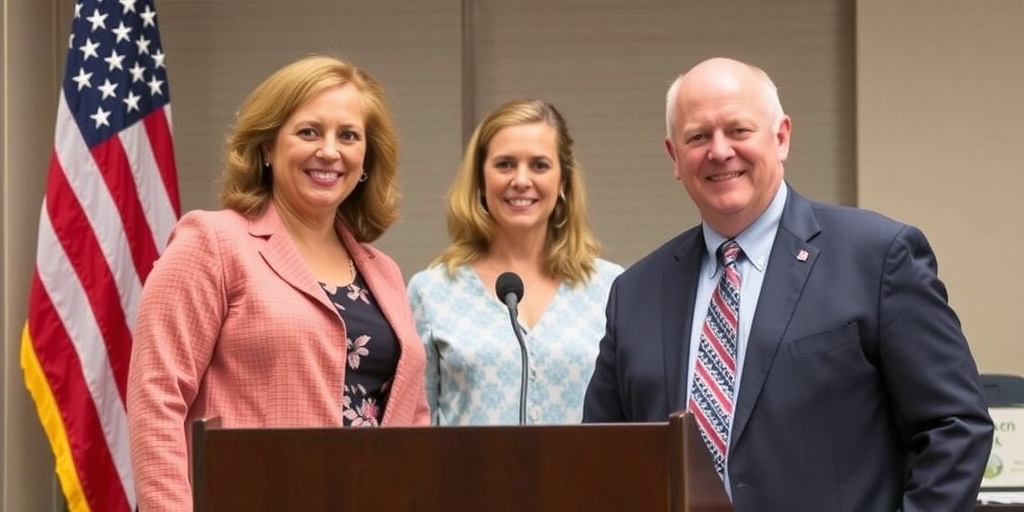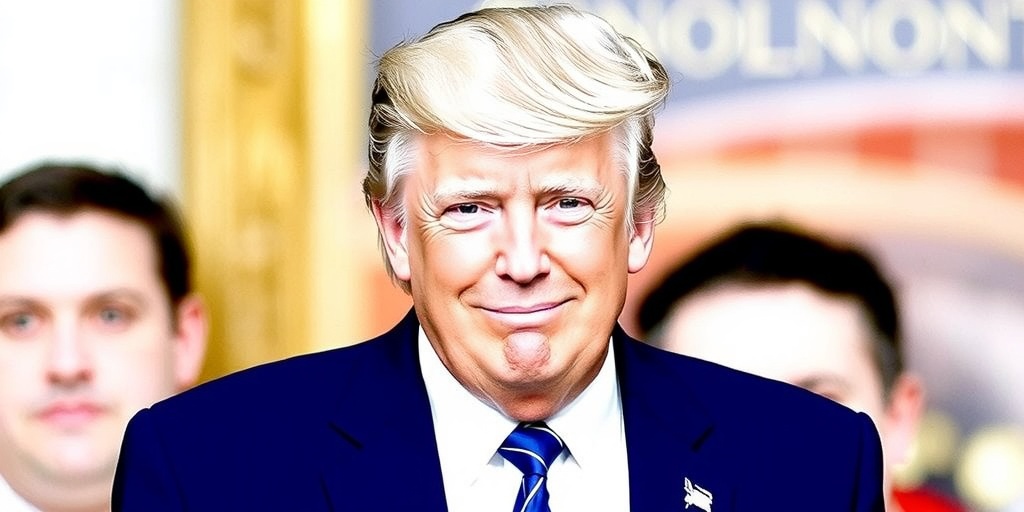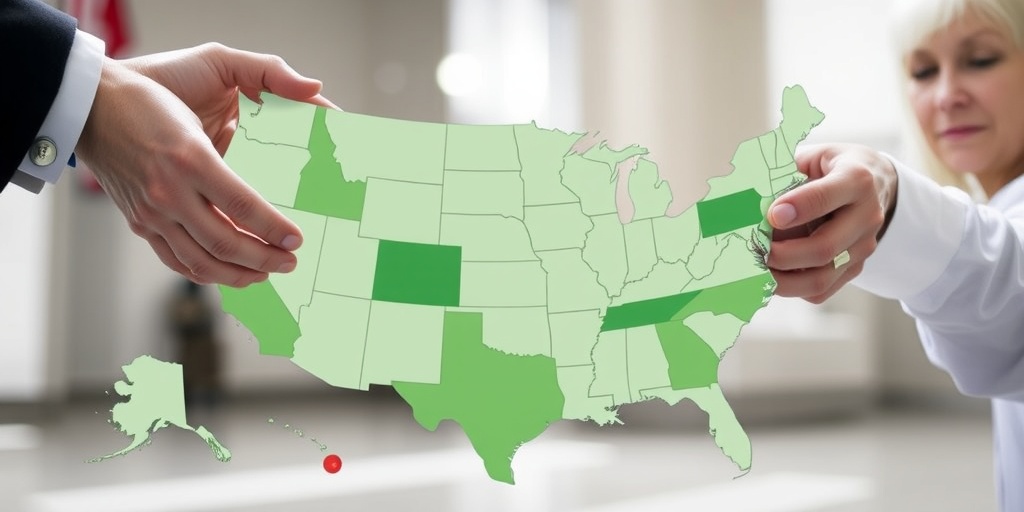Now Reading: Election Officials Aim to Prevent Further Budget Cuts
-
01
Election Officials Aim to Prevent Further Budget Cuts
Election Officials Aim to Prevent Further Budget Cuts

Bipartisan Appeal to Homeland Security Secretary for Election Protection Amidst Federal Cuts
A bipartisan coalition of state election officials has sounded the alarm regarding substantial federal cuts that could jeopardize the integrity and security of U.S. elections. The National Association of Secretaries of State, a normally restrained body representing the interests of 40 secretaries from both major political parties, has formally reached out to Kristi Noem, the current Secretary of Homeland Security and former governor of South Dakota, seeking her intervention.
In a letter delivered on Friday, the organization emphasized the critical need to maintain funding for essential election programs amid an impending agency review. The state officials expressed concerns about potential further cuts that could undermine the security framework already established to protect elections from various threats.
The specific programs identified for preservation in the letter include initiatives aimed at enhancing the physical security of voting locations and election offices, fortifying cybersecurity measures within election offices, disseminating classified intelligence on foreign threats, and providing responsive measures against cyber threats such as ransomware attacks. The urge for continuity in these core resources reflects a prevailing apprehension among state officials regarding the current political climate and its possible repercussions on electoral safety.
The unprecedented nature of this appeal highlights the urgency expressed by state election officials as last week’s news broke about significant personnel adjustments within federal agencies directly tied to electoral security. Reports indicated that the Trump administration has reassigned numerous officials from the Federal Bureau of Investigation and the Cybersecurity and Infrastructure Security Agency (CISA), potentially placing programs designed to guard against foreign interference at risk.
The cautious tone of the letter was expected given the National Association of Secretaries of State’s historical reluctance to engage in politically charged discussions. However, the sentiment is clear—ensuring robust election security is not merely a partisan issue but a foundational concern shared across the political spectrum, especially in light of recent threats to election officials themselves.
Among the signatories of the letter are Steve Simon, the Democratic Secretary of State in Minnesota and current president of the association, as well as Michael Watson, the Republican Secretary of State in Mississippi and the group’s president-elect. Mr. Simon stated in a recent interview that the letter encapsulates a “broad consensus” among election officials. He emphasized that unanticipated reductions could place those responsible for conducting elections at a distinct disadvantage given the array of threats posed by both domestic and foreign entities.
According to Mr. Simon, the homeland security initiatives at risk were primarily developed in response to previous attempts by foreign governments to infiltrate U.S. election systems, particularly noted during the 2016 election cycle. One of these pivotal measures includes “penetration testing,” a proactive strategy where federal experts attempt to breach state election systems to uncover vulnerabilities in the context of relevant intelligence regarding foreign threats.
He also asserted the classification of election security as a national security issue, aligning his perspective with that of multiple federal administrations. With the recent changes at the FBI yet to fully reveal their consequences, there’s an increasing concern among state officials regarding their safety as well. Jena Griswold, the Secretary of State for Colorado and a member of the Democratic Party, highlighted her own harrowing experiences in office, saying that her tenure has been marred by an influx of death threats. She disclosed that four individuals have faced prosecution for threats against her life, with the FBI directly involved in three of those cases.
Ms. Griswold’s concerns extend to the overall safety of election officials, expressing deep unease about the future trajectory of federal efforts to protect them. She stated that nearly 20 cases of threats against her are currently under active investigation and questioned the continuity of federal efforts tasked with safeguarding election personnel.
The coalition’s outreach to Secretary Noem represents a significant moment as election officials band together, emphasizing the necessity of robust federal support in protecting the democratic process from rising threats. With state and federal officials increasingly vocal about the risks to electoral integrity, the urgency of sustaining funding for critical election security measures has never been more apparent. The outcome of this appeal may determine the extent to which U.S elections can remain insulated from the multitude of challenges that lie ahead, particularly in an era defined by divided political sentiments and growing external influences.
Stay Informed With the Latest & Most Important News
Previous Post
Next Post
-
 01New technology breakthrough has everyone talking right now
01New technology breakthrough has everyone talking right now -
 02Unbelievable life hack everyone needs to try today
02Unbelievable life hack everyone needs to try today -
 03Fascinating discovery found buried deep beneath the ocean
03Fascinating discovery found buried deep beneath the ocean -
 04Man invents genius device that solves everyday problems
04Man invents genius device that solves everyday problems -
 05Shocking discovery that changes what we know forever
05Shocking discovery that changes what we know forever -
 06Internet goes wild over celebrity’s unexpected fashion choice
06Internet goes wild over celebrity’s unexpected fashion choice -
 07Rare animal sighting stuns scientists and wildlife lovers
07Rare animal sighting stuns scientists and wildlife lovers





















